- Home
- H. Beam Piper
A Planet for Texans (aka Lone Star Planet) Page 8
A Planet for Texans (aka Lone Star Planet) Read online
Page 8
Finally, Colonel Andrew J. Hickock rose to his feet. “Your Honor: the present court is not obliged to retire from the bench until another court has been chosen as they are now sitting as a court in being. I propose that the trial begin, with the present court on the bench.”
Sidney began yelling protests. Hoddy Ringo pulled his neckerchief around under his left ear and held the ends above his head. Nanadabadian, the Ambassador from Beta Cephus IV, drew his biggest knife and began trying the edge on a sheet of paper.
"Well, Your Honor, I certainly do not wish to act in an obstructionist manner. The defense agrees to accept the present court,” Sidney decided.
“Prosecution agrees to accept the present court,” Goodham parroted.
“The present court will continue on the bench, to try the case of the Friends of Silas Cumshaw, deceased, versus Switchblade Joe Bonney, Jack-High Abe Bonney, Turkey- Buzzard Tom Bonney, et als.” Judge Nelson rapped with his gavel. “Court is herewith adjourned until 0900 tomorrow.”
CHAPTER IX
The trial got started the next morning with a minimum amount of objections from Sidney. The charges and specifications were duly read, the three defendants pleaded not guilty, and then Goodham advanced with a paper in his hand to address the court. Sidney scampered up to take his position beside him.
“Your Honor, the prosecution wishes, subject to agreement of the defense, to enter the following stipulations, to wit: First, that the late Silas Cumshaw was a practicing politician within the meaning of the law. Second, that he is now dead, and came to his death in the manner attested to by the coroner of Sam Houston Continent. Third, that he came to his death at the hands of the defendants here present."
In all my planning, I’d forgotten that. I couldn’t let those stipulations stand without protest, and at the same time, if I protested the characterization of Cumshaw as a practicing politician, the trial could easily end right there. So I prayed for a miracle, and Clement Sidney promptly obliged me.
“Defense won’t stipulate anything!” he barked. “My clients, here, are victims of a monstrous conspiracy, a conspiracy to conceal the true facts of the death of Silas Cumshaw. They ought never to have been arrested or brought here, and if the prosecution wants to establish anything, they can do it by testimony, in the regular and lawful way. This practice of free-wheeling stipulation is only one of the many devices by which the courts of this planet are being perverted to serve the corrupt and unjust ends of a gang of reactionary landowners!”
Judge Nelson’s gavel hit the bench with a crack like a rifle shot.
“Mr. Sidney! In justice to your clients, I would hate to force them to change lawyers in the middle of their trial, but if I hear another remark like that about the courts of New Texas, that’s exactly what will happen, because you’ll be in jail for contemptl Is that 'clear, Mr. Sidney?”
I settled back with a deep sigh of relief which got me,
I noticed, curious stares from my fellow Ambassadors. I disregarded the questions in their glances; I had what I wanted.
They began calling up the witnesses.
First, the doctor who had certified Ambassador Cumshaw’s death. He gave a concise description of the wounds which had killed my predecessor. Sidney was trying to make something out of the fact that he was Hickock’s family physician, and consuming more time, when I got up.
“Your Honor, I am present here as amicus curiae, because of the obvious interest which the Government of the Solar League has in this case . .
“Objection!” Sidney yelled.
“Please state it,” Nelson invited.
“This is a court of the people of the planet of New Texas. This foreign emissary of the Solar League, sent here to conspire with New Texan traitors to the end that New Texans shall be reduced to a supine and ravished satrapy of the all- devouring empire of the Galaxy—”
Judge Nelson rapped sharply.
“Friends of the court are defined as persons having a proper interest in the case. As this case arises from the death of the former Ambassador of the Solar League, I cannot see how the present Ambassador and his staff can be excluded. Overruled.” He nodded to me. “Continue, Mr. Ambassador.” “As I understand, I have the same rights of cross-examination of witnesses as counsel for the prosecution and defense; is that correct, Your Honor?” It was, so I turned to the witness. “I suppose, Doctor, that you have had quite a bit of experience, in your practice, with gunshot wounds?”
He chuckled. “Mr. Ambassador, it is gunshot-wound cases which keep the practice of medicine and surgery alive on this planet. Yes, I definitely have.”
“Now, you say that the deceased was hit by six different projectiles: right shoulder almost completely severed, right lung and right ribs blown out of the chest, spleen and kidneys so intermingled as to be practically one, and left leg severed by complete shattering of the left pelvis and hip-joint?”
“That’s right.”
I picked up the 20-mm auto-rifle—it weighed a good sixty pounds—from the table, and asked him if this weapon could have inflicted such wounds. He agreed that it both could and had.
“This the usual type of weapon used in your New Texas political liquidations?” I asked.
“Certainly not. The usual weapons are pistols; sometimes a hunting-rifle or a shotgun.”
I asked the same question when I cross-examined the ballistics witness.
“Is this the usual type of weapon used in your New Texas political liquidations?”
“No, not at all. That’s a very expensive weapon, Mr. Ambassador. Wasn’t even manufactured on this planet; made by the z’Srauff star-cluster. A weapon like that sells for five, six hundred pesos. It’s used for shooting really big game— supermastodon, and things like that. And, of course, for combat.”
“It seems,” I remarked, “that the defense is overlooking an obvious point there. I doubt if these three defendants ever, in all their lives, had among them the price of such a weapon.
That, of course, brought Sidney to his feet, sputtering objections to this attempt to disparage the honest poverty of his clients, which only helped to call attention to the point.
Then the prosecution called in a witness named David Crockett Longfellow. I’d met him at the Hickock ranch; he was Hickock’s butler. He limped from an old injury which had retired him from work on the range. He was sworn in and testified to his name and occupation.
“Do you know these three defendants?” Goodham asked him.
“Yeah. I even marked one of them for future identification,” Longfellow replied.
Sidney was up at once, shouting objections. After he was quieted down, Goodham remarked that he’d come to that point later, and began a line of questioning to establish that Longfellow had been on the Hickock ranch on the day when Silas Cumshaw was killed.
“Now,” Goodham said, "will you relate to the court the matters of interest which came to your personal observation on that day.”
Longfellow began his story. “At about 0900, I was dustin’ up and straightenin’ things in the library while the Colonel was at his desk. All of a sudden, he said to me, ‘Davy, suppose you call the Solar Embassy and see if Mr. Cumshaw is doin’ anything today; if he isn’t, ask him if he wants to come out.’ I was workin’ right beside the telescreen. So I called the Solar League Embassy. Mr. Thrombley took the call, and I asked him was Mr. Cumshaw around. By this time, the Colonel got through with what he was doin’ at the desk and came over to the screen. I went back to my work, but I heard the Colonel askin’ Mr. Cumshaw could he come out for the day, an’ Mr. Cumshaw sayin’, yes, he could; he’d be out by about 1030.
“Well, ’long about 1030, his air-car came in and landed on the drive. Little single-seat job that he drove himself. He landed it about a hundred feet from the outside veranda, like he usually did, and got out.
“Then, this other car came droppin’ in from outa nowhere. I didn’t pay it much attention; thought it might be one of the other Ambassadors that Mr. Cu
mshaw’d brung along. But Mr. Cumshaw turned around and looked at it, and then he started to run for the veranda. I was standin’ in the doorway when I seen him startin’ to run. I jumped out on the porch, quick-like, and pulled my gun, and then this autorifle begun firin’ outa the other car. There was only eight or ten shots fired from this car, but most of them hit Mr. Cumshaw.”
Goodham waited a few moments. Longfellow’s voice had choked and there was a twitching about his face, as though he were trying to suppress tears.
“Now, Mr. Longfellow,” Goodham said, “did you recognize the people who were in the car from which the shots came?”
“Yeah. Like I said, I cut a mark on one of them. That one there: Jack-High Abe Bonney. He was handlin’ the gun, and from where I was, he had his left side to me. I was tryin’ for his head, but I always overshoot, so I have the habit of holdin’ low. This time I held too low.” He looked at Jack- High in coldly poisonous hatred. “I’ll be sorry about that as long as I live.”
“And who else was in the car?”
“The other two curs outa the same litter: Switchblade an’ Turkey-Buzzard, over there.”
Further questioning revealed that Longfellow had had no direct knowledge of the pursuit, or the siege of the jail in Bonneyville. Colonel Hickock had taken personal command of that, and had left Longfellow behind to call the Solar League Embassy and the Rangers. He had made no attempt to move the body, but had left it lying in the driveway until the doctor and the Rangers arrived.
Goodham went to the middle table and picked up a heavy automatic pistol.
“I call the court’s attention to this pistol. It is an eleven- mm automatic, manufactured by the Colt Firearms Company of New Texas, a licensed subsidiary of the Colt Firearms Company of Terra.” He handed it to Longfellow. “Do you know this pistol?” he asked.
Longfellow was almost insulted by the question. Of course he knew his own pistol. He recited the serial number, and pointed to different scars and scratches on the weapon, telling how they had been acquired.
“The court accepts that Mr. Longfellow knows his own weapon," Nelson said. “I assume that this is the weapon with which you claim to have shot Jack-High Abe Bonney?”
It was, although Longfellow resented the qualification.
“That’s all. Your witness, Mr. Sidney,” Goodham said.
Sidney began an immediate attack.
Questioning Longfellow’s eyesight, intelligence, honesty and integrity, he tried to show personal enmity toward the Bonneys. He implied that Longfellow had been conspiring with Cumshaw to bring about the conquest of New Texas by the Solar League. The verbal exchange became so heated that both witness and attorney had to be admonished repeatedly from the bench. But at no point did Sidney shake Longfellow from his one fundamental statement, that the Bonney brothers had shot Silas Cumshaw and that he had shot Jack- High Abe Bonney in the shoulder.
When he was finished, I got up and took over.
“Mr. Longfellow, you say that Mr. Thrombley answered the screen at the Solar League Embassy,” I began. “You know Mr. Thrombley?”
“Sure, Mr. Silk. He’s been out at the ranch with Mr. Cumshaw a lotta times.”
“Well, beside yourself and Colonel Hickock and Mr. Cumshaw and, possibly, Mr. Thrombley, who else knew that Mr. Cumshaw would be at the ranch at 1030 on that morning?”
Nobody. But the aircar had obviously been waiting for Mr. Cumshaw; the Bonneys must have had advance knowledge. My questions made that point clear despite the obvious —and reluctantly court-sustained—objections from Mr. Sidney.
“That will be all, Mr. Longfellow; thank you. Any questions from anybody else?”
There being none, Longfellow stepped down. It was then a few minutes before noon, so Judge Nelson recessed court for an hour and a half.
In the afternoon, the surgeon who had treated Jack-High Abe Bonney’s wounded shoulder testified, identifying the bullet which had been extracted from Bonney’s shoulder. A ballistics man from Ranger crime-lab followed him to the stand and testified that it had been fired from Longfellow’s Colt. Then Ranger Captain Nelson took the stand. His testimony was about what he had given me at the Embassy, with the exception that the Bonneys’ admission that they had shot Ambassador Cumshaw was ruled out as having been made under duress.
However, Captain Nelson’s testimony didn’t need the confessions.
The cover was stripped off the aircar, and a couple of men with a power-dolly dragged it out in front of the bench. The Ranger Captain identified it as the car which he had found at the Bonneyville jail. He went over it with an ultraviolet flashlight and showed where he had written his name and the date on it with fluorescent ink. The effects of AA- fire were plainly evident on it.
Then the other shrouded object was unveiled and identified as the gun which had disabled the air-car. Colonel Hickock identified the gun as the one with which he had fired on the air-car. Finally, the ballistics expert was brought back to the stand again, to link the two by means of fragments found in the car.
Then Goodham brought Kettle-Belly Sam Bonney to the stand.
The Mayor of Bonneyville was a man of fifty or so, short, partially bald, dressed in faded blue Levis, a frayed white shirt, and a grease-spotted vest. There was absolutely no mystery about how he had acquired his nickname. He disgorged a cud of tobacco into a spittoon, took the oath with unctuous solemnity, then reloaded himself with another chew and told his version of the attack on the jail.
At about 1045 on the day in question, he testified, he had been in his office, hard at work in the public service, when an air-car, partially disabled by gunfire, had landed in the street outside and the three defendants had rushed in, claiming sanctuary. From then on, the story flowed along smoothly, following the lines predicted by Captain Nelson and Parros. Of course he had given the fugitives shelter; they had claimed to have been near to a political assassination and were in fear of their lives.
Under Sidney’s cross-examination, and coaching, he poured out the story of Bonneyville’s wrongs at the hands of the reactionary landowners, and the atrocious behavior of the Hickock goon-gang. Finally, after extracting the last drop of class-hatred venom out of him, Sidney turned him over to me.
“How many men were inside the jail when the three defendants came claiming sanctuary?” I asked.
He couldn’t rightly say, maybe four or five.
“Closer twenty-five, according to the Rangers. How many of them were prisoners in the jail?”
“Well, none. The prisoners was all turned out that mom- in’. They was just common drunks, disorderly conduct cases, that kinda thing. We turned them out so’s we could make some repairs.”
“You turned them out because you expected to have to defend the jail; because you knew in advance that these three would be along claiming sanctuary, and that Colonel Hickock’s ranch hands would be right on their heels, didn’t you?” I demanded.
It took a good five minutes before Sidney stopped shouting long enough for Judge Nelson to sustain the objection.
“You knew these young men all their lives, I take it. What did you know about their financial circumstances, for instance?”
“Well, they’ve been ground down an’ kept poor by the big ranchers an’ the money-guys. . .
“Then weren’t you surprised to see them driving such an expensive aircar?”
"I don’t know as it’s such an expensive—” he shut his mouth suddenly.
“You know where they got the money to buy that car?” I pressed.
Kettle-Belly Sam didn’t answer.
“From the man who paid them to murder Ambassador Silas Cumshaw?” I kept pressing. “Do you know how much they were paid for that job? Do you know where the money came from? Do you know who the go-between was, and how much he got, and how much he kept for himself? Was it the same source that paid for the recent attempt on President Hutchinson’s life?”
“I refuse to answerl” the witness declared, trying to shove his chest out
about half as far as his midriff. “On the grounds that it might incriminate or degrade me!”
“You can’t degrade a Bonney!” a voice from the balcony put in.
“So then,” I replied to the voice, “what he means is, incriminate.” I turned to the witness. “That will be all. Excused.”
As Bonney left the stand and was led out the side door, Goodham addressed the bench.
“Now, Your Honor,” he said, “I believe that the prosecution has succeeded in definitely establishing that these three defendants actually did fire the shot which, on April 22, 2193, deprived Silas Cumshaw of his life. We will now undertake to prove . . .”
Followed a long succession of witnesses, each testifying to some public or private act of philanthropy, some noble trait of character. It was the sort of thing which the defense lawyer in the Whately case had been so willing to stipulate. Sidney, of course, tried to make it all out to be part of a sinister conspiracy to establish a Solar League fifth column on New Texas. Finally, the prosecution rested its case.
I entertained Gail and her father at the Embassy, that evening. The street outside was crowded with New Texans, all of them on our side, shouting slogans like, “Death to the Bonneys!” and "Vengeance for Cumshaw!” and “Annexation Now!” Some of it was entirely spontaneous, too. The Hickocks, father and daughter, were given a tremendous ovation, when they finally left, and followed to their hotel by cheering crowds. I saw one big banner, lettered: 'DON’T LET NEW TEXAS GO TO THE DOGS.’ and bearing a crude picture of a z’Srauff. I seemed to recall having seen a couple of our Marines making that banner the evening before in the Embassy patio, but . . .
CHAPTER X
The next morning, the third of the trial, opened with the defense witnesses, character-witnesses for the three killers and witnesses to the political iniquities of Silas Cumshaw.
Neither Goodham nor I bothered to cross-examine the

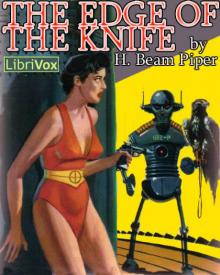 The Edge of the Knife
The Edge of the Knife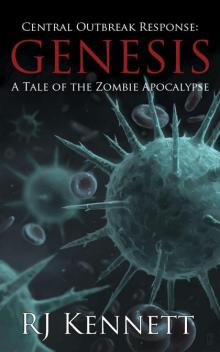 Genesis
Genesis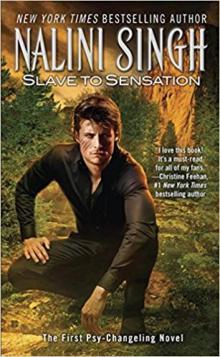 A Slave is a Slave
A Slave is a Slave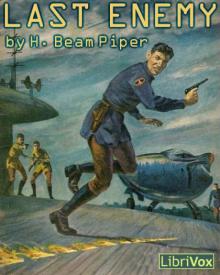 Last Enemy
Last Enemy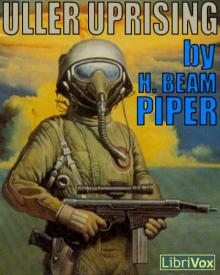 Uller Uprising
Uller Uprising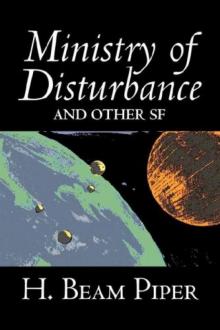 Ministry of Disturbance
Ministry of Disturbance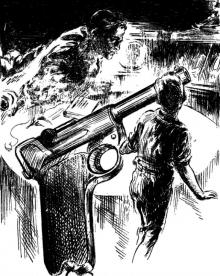 Time and Time Again
Time and Time Again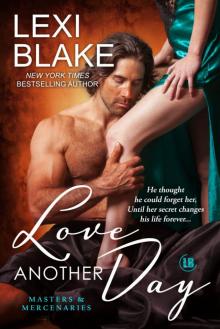 The Mercenaries
The Mercenaries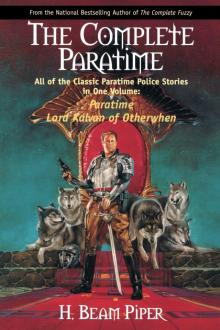 Police Operation
Police Operation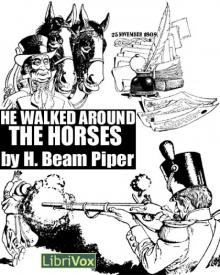 He Walked Around the Horses
He Walked Around the Horses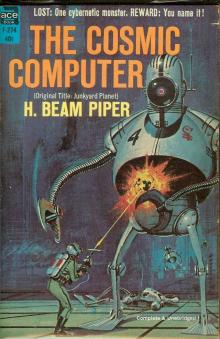 Time Crime
Time Crime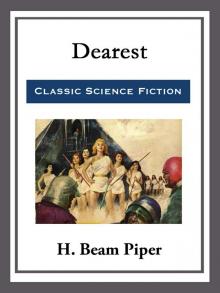 Dearest
Dearest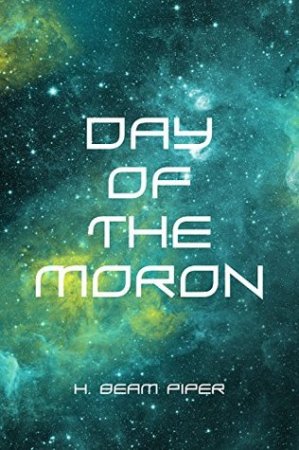 Day of the Moron
Day of the Moron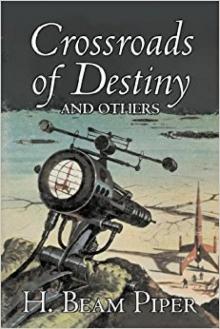 Crossroads of Destiny
Crossroads of Destiny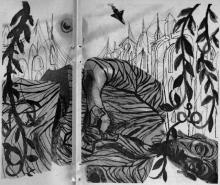 Graveyard of Dreams
Graveyard of Dreams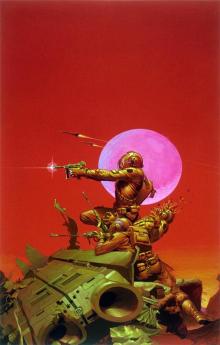 The Cosmic Computer
The Cosmic Computer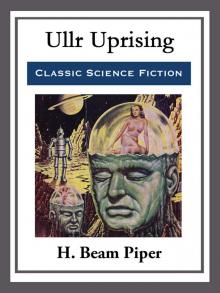 Ullr Uprising
Ullr Uprising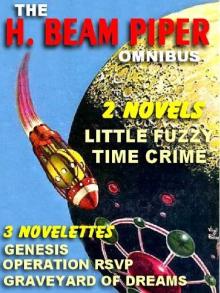 Operation R.S.V.P.
Operation R.S.V.P.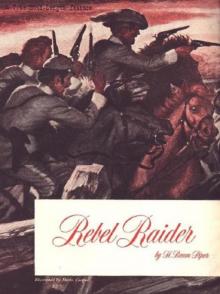 Rebel Raider
Rebel Raider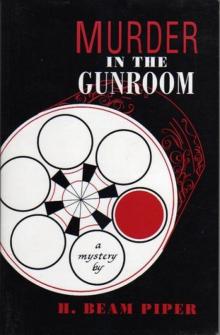 Murder in the Gunroom
Murder in the Gunroom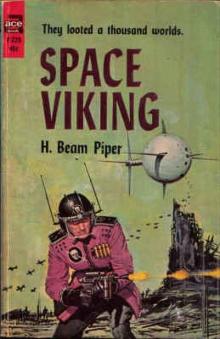 Space Viking
Space Viking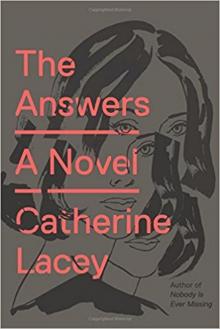 The Answer
The Answer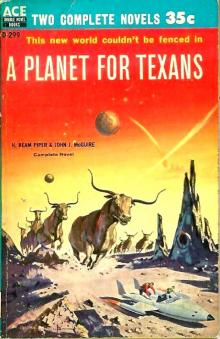 A Planet for Texans (aka Lone Star Planet)
A Planet for Texans (aka Lone Star Planet)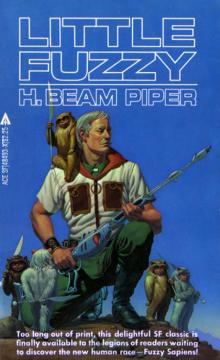 Little Fuzzy
Little Fuzzy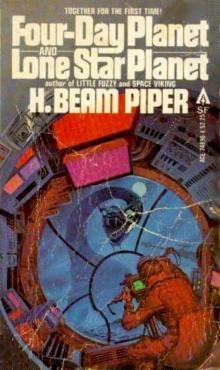 Four-Day Planet
Four-Day Planet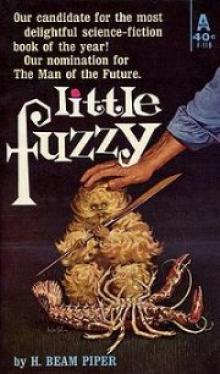 Little Fuzzy f-1
Little Fuzzy f-1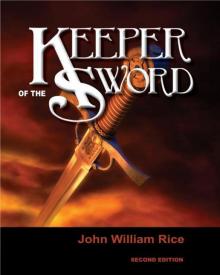 Keeper
Keeper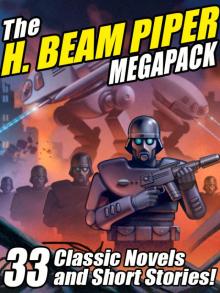 The H. Beam Piper Megapack
The H. Beam Piper Megapack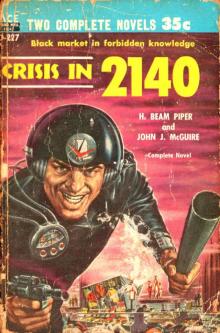 H. Beam Piper
H. Beam Piper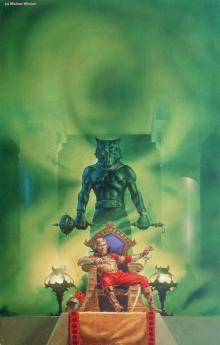 Lord Kalvan of Otherwhen
Lord Kalvan of Otherwhen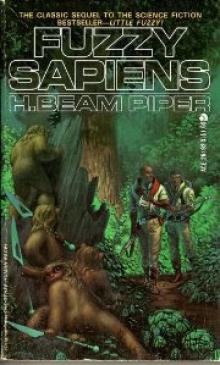 Fuzzy Sapiens f-2
Fuzzy Sapiens f-2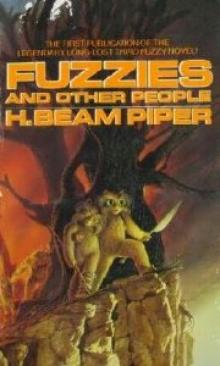 Fuzzies and Other People f-3
Fuzzies and Other People f-3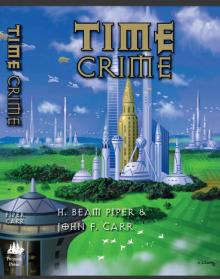 TIME PRIME
TIME PRIME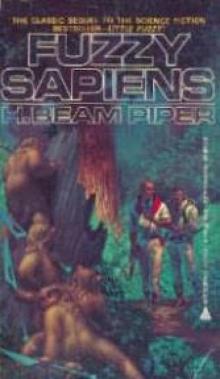 Fuzzy Sapiens
Fuzzy Sapiens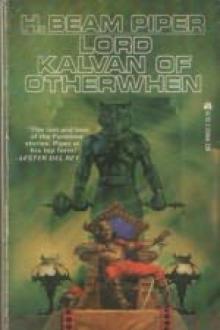 Lord Kalvan of Otherwhen k-1
Lord Kalvan of Otherwhen k-1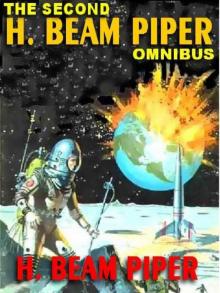 The Second H. Beam Piper Omnibus
The Second H. Beam Piper Omnibus